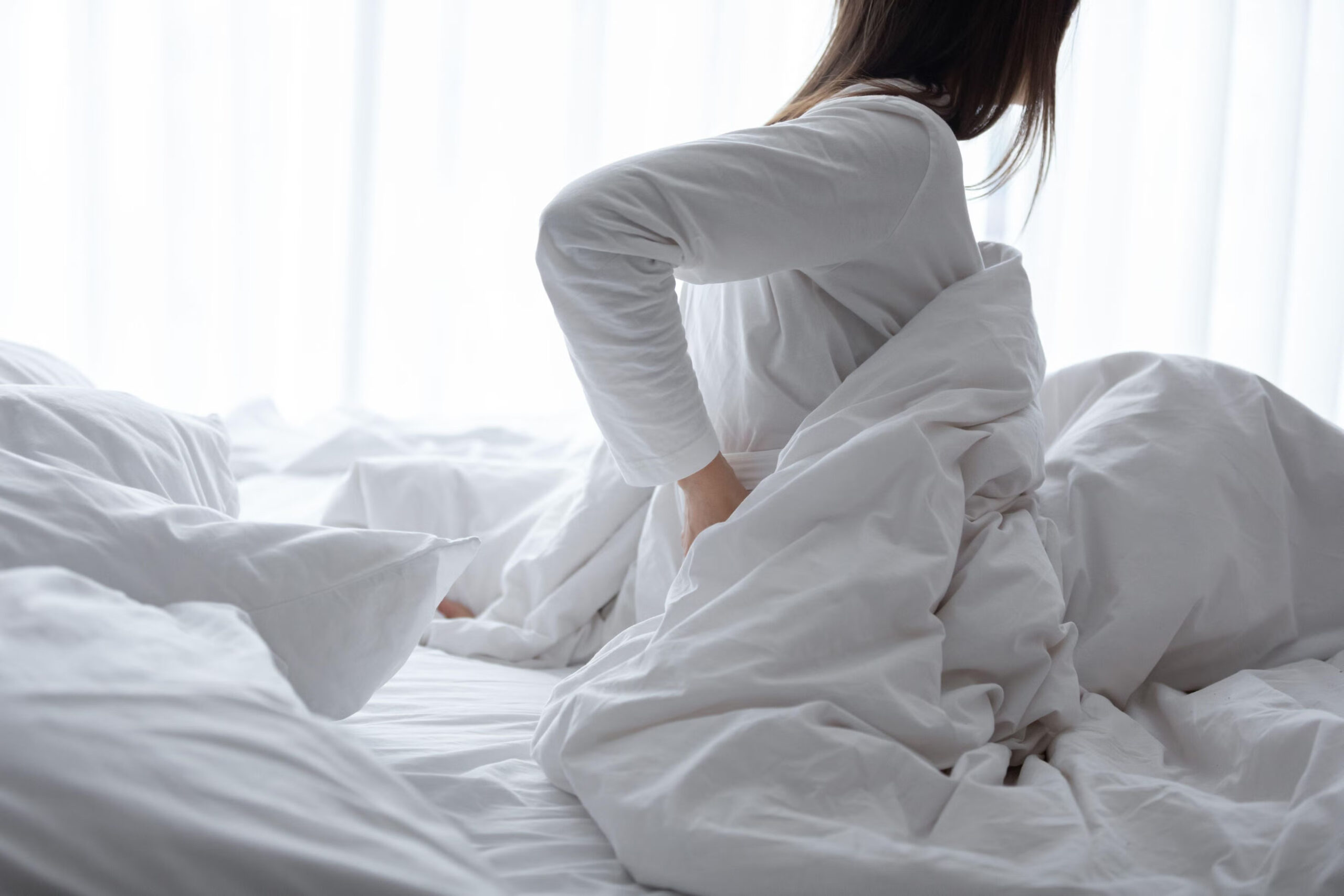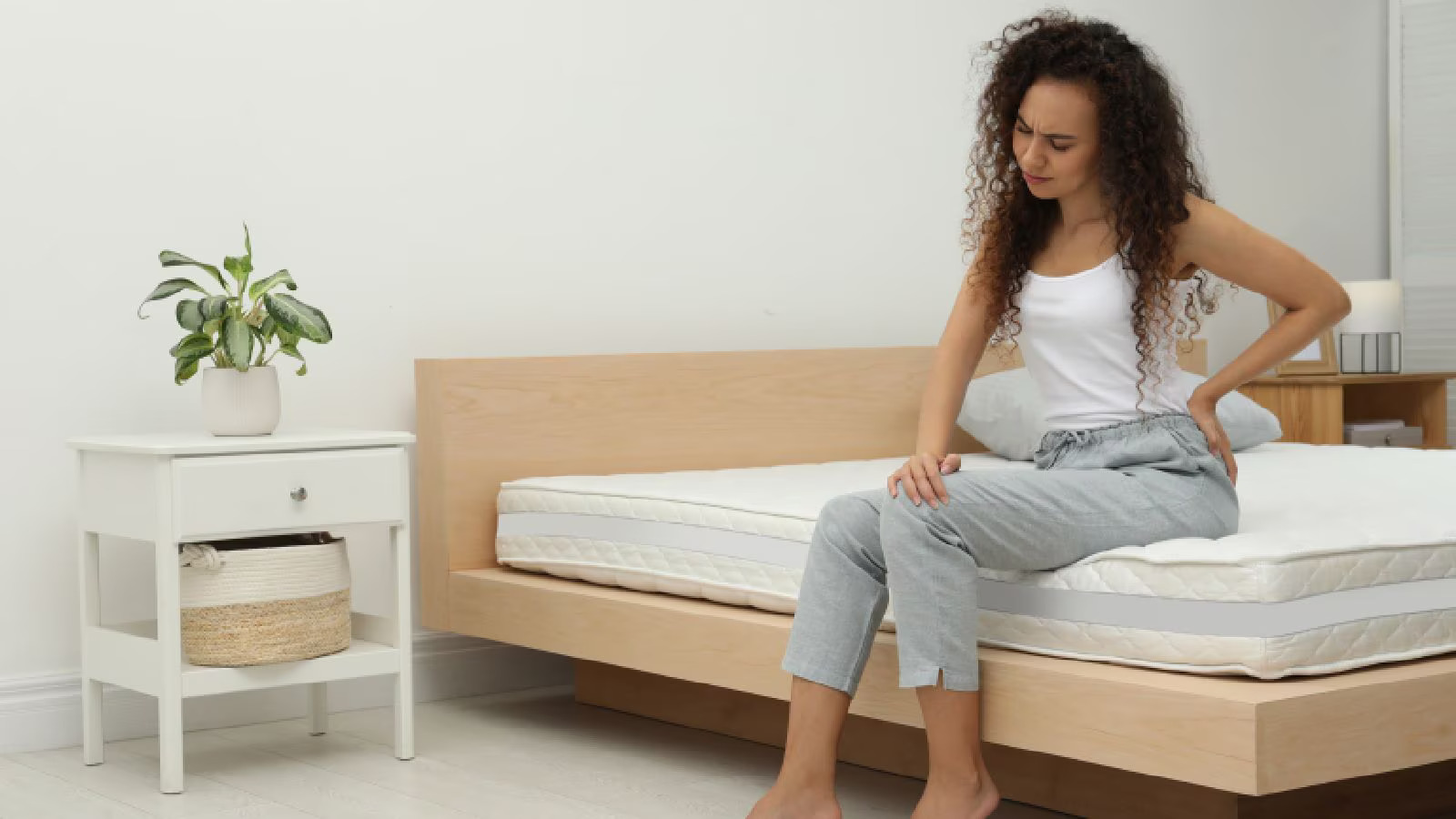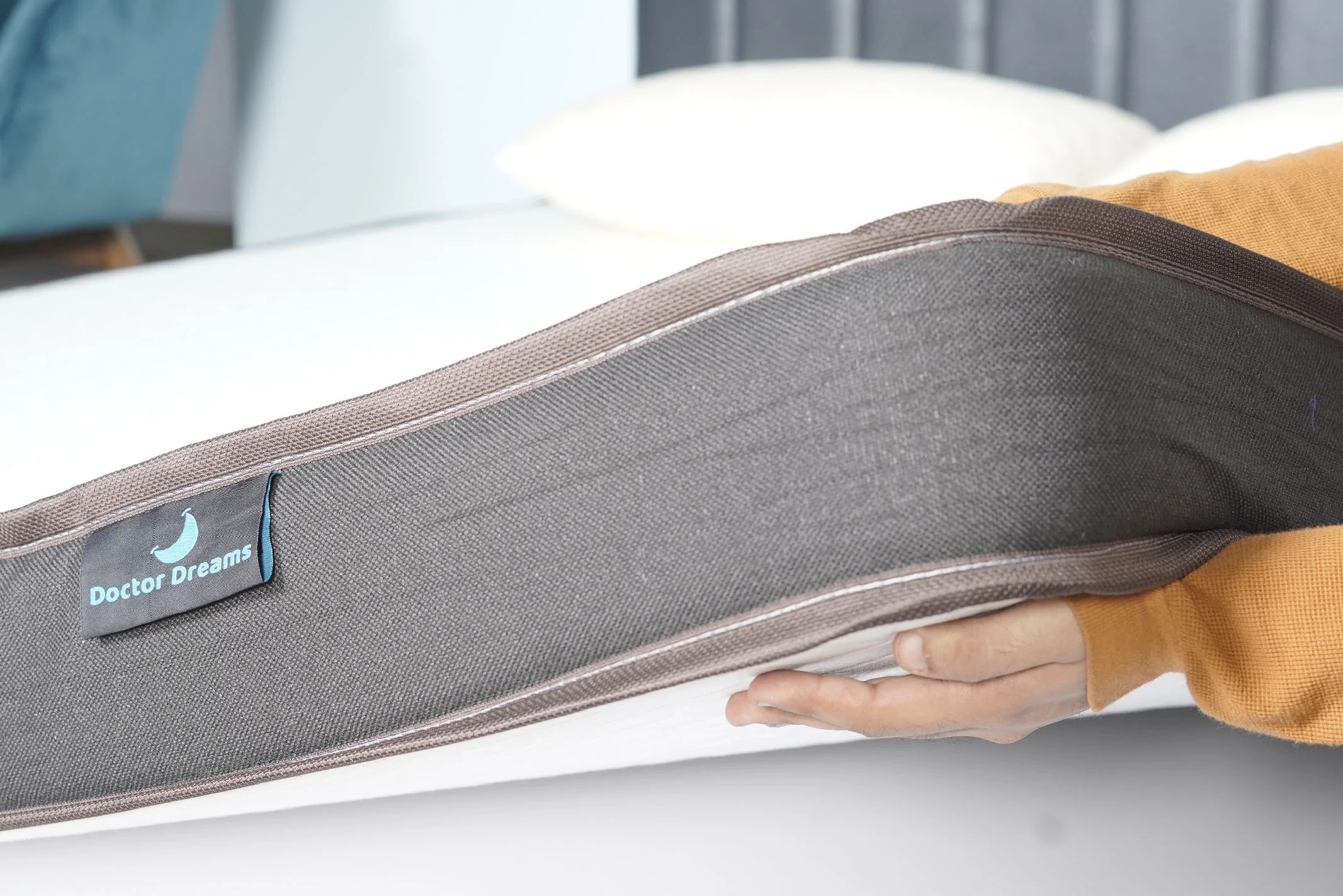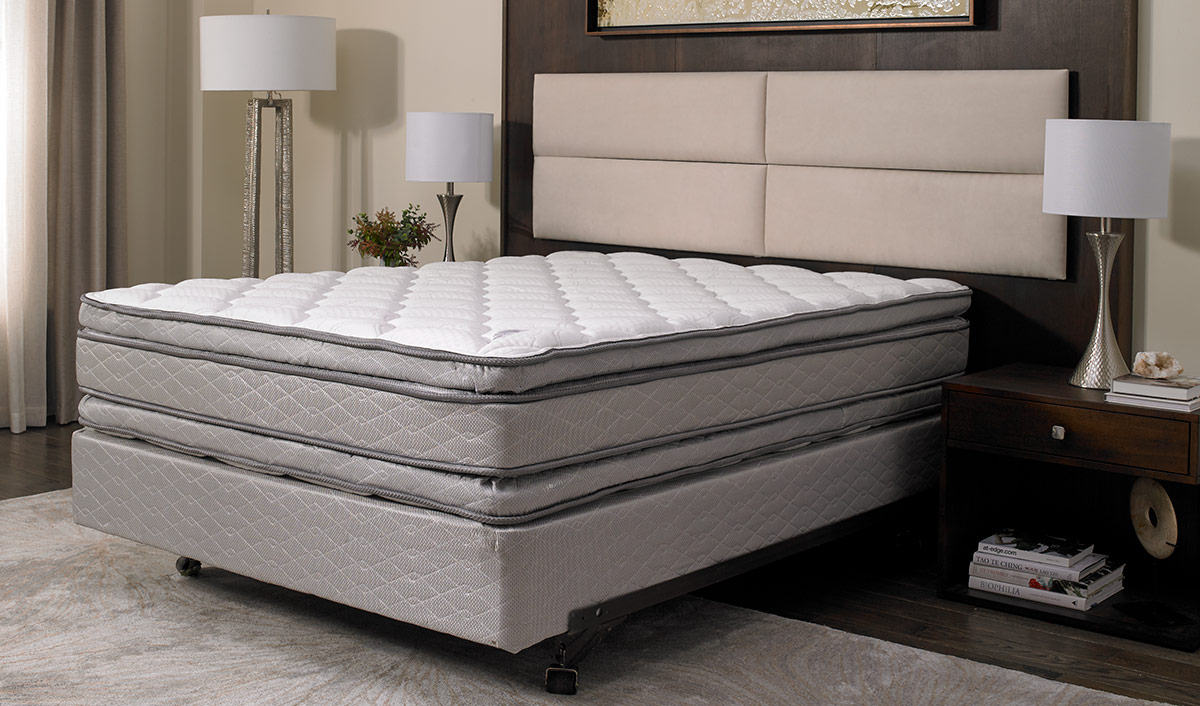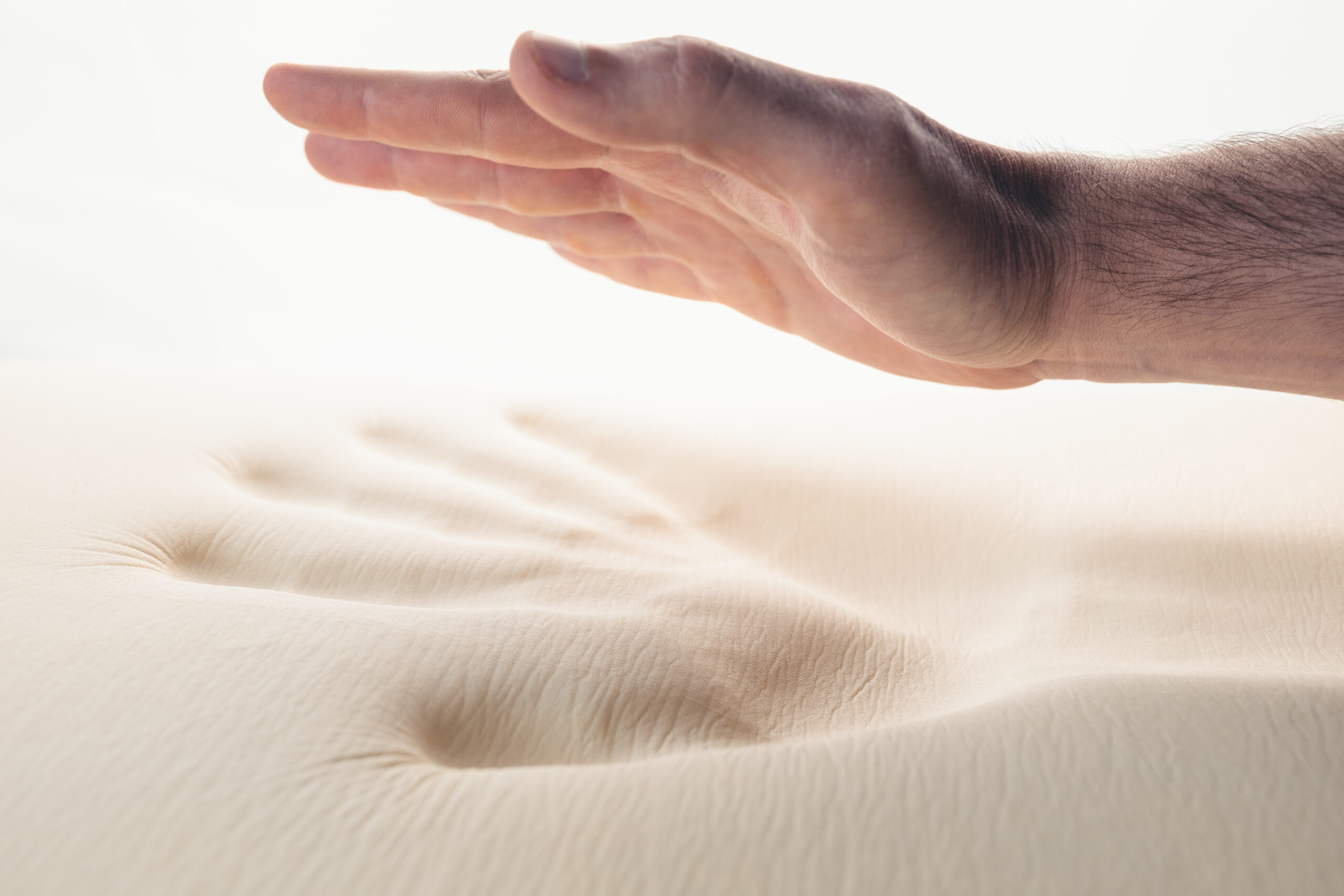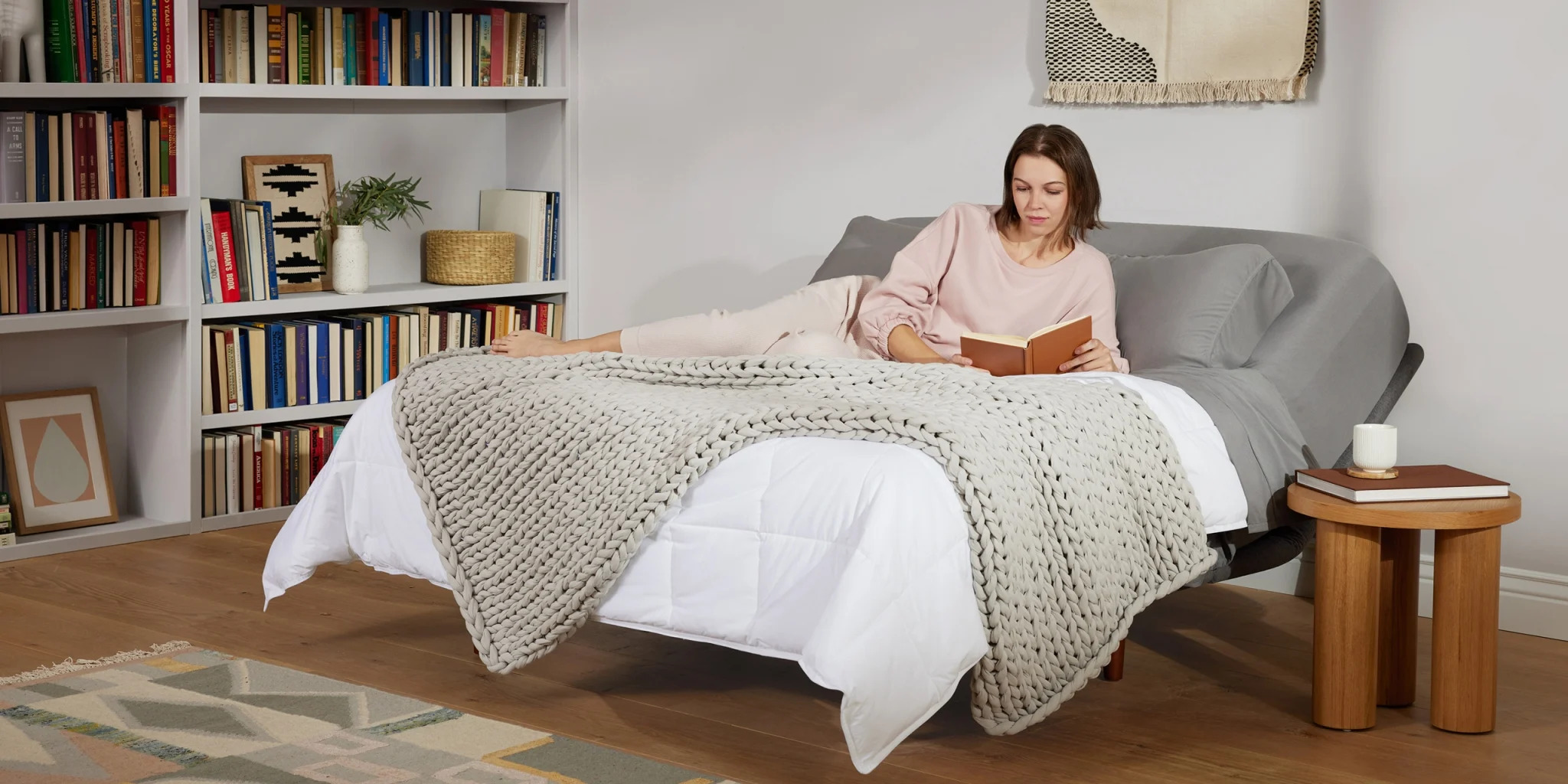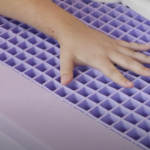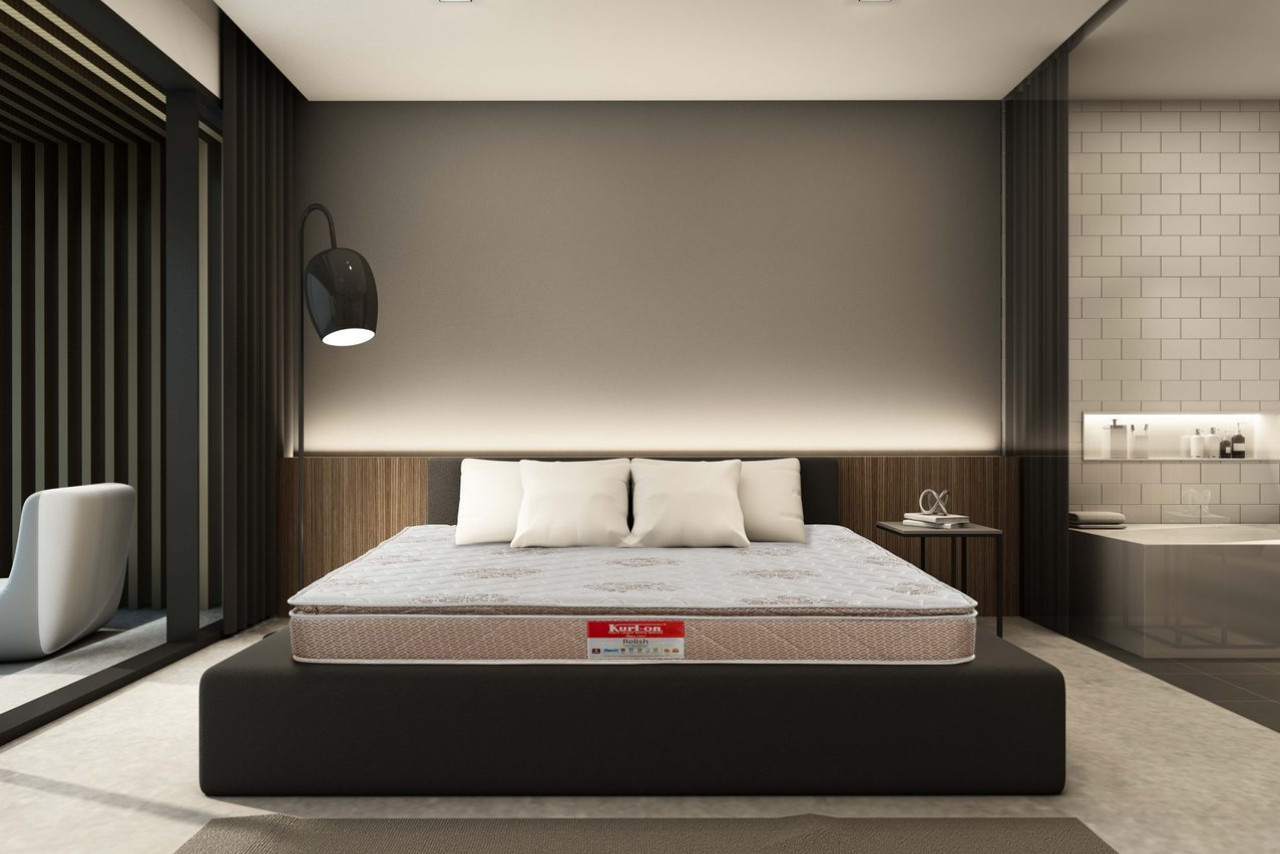Good sleep is vital for your health and well being. A mattress that doesn’t meet your needs on the other hand can make it hard to sleep. Knowing the signs that your mattress might make sleeping hard is essential. Finding these signs like back pain that won’t go away or wear and tear that you can see can help you make intelligent choices about where you sleep. Getting a soft mattress is very essential for sleeping well and healing.
Persistent Back Pain
A chair that doesn’t support you well enough can cause back pain that won’t go away. If your back hurts or feels stiff when you wake up it could be because of your mattress. This pain is often caused by sleeping with your spine out of place. If your mattress is too soft it can make your back sag and if it is too hard it can cause pressure points.
The best mattress should support the shapes of your body and keep your back straight. If your back pain doesn’t go away even after switching positions it might be time to look at your mattress. Try a mattress with a different amount of hardness or one that is made to support your back. If you have back pain, buying a mattress that helps with that can make your sleep much better overall.
Frequent Tossing And Turning
If you constantly toss and turn at night your mattress needs to be cozy. Some people move around a lot while sleeping which could mean their mattress needs to be corrected. A hard surface can mess up your sleep cycle and keep you from getting the required rest.
The best mattress should let you sleep well without making many changes. If you feel tired when you wake up, write down how often you move during the night. A mattress that supports your sleep can slow down this movement. Try out a few different beds to find one that makes you feel better and keeps you from disturbed.
Visible Indentations Or Sagging
If you can see dents or sinking in your mattress that means it is worn down. Mattresses lose their ability to support your body over time which makes the surface uneven. These depressions can cause pressure points that can make sleeping uncomfortable. If you take good care of your mattress the top should be flat and support your weight evenly.
Lay down in the position you usually sleep in to look for droopy skin. If you can feel a big dip where your body is, it is time for a new one. If you flip and rotate your mattress often it will last longer but you should buy a new one if the indentations don’t go away.
Allergies Or Asthma Symptoms
The chemicals used to make mattresses can make asthma or allergies worse. Over time dust mites, mold and allergens can gather in your mattress. It could be your mattress if you sneeze, cough or have a stuffy nose more often while in bed. These problems can be lessened by cleaning your mattress regularly and using hypoallergenic covers.
If your symptoms disappear you should consider making it from allergy friendly materials. Choosing a mattress with antibacterial qualities can also help keep allergens from building up. Making a clean sleeping area a priority is essential for handling allergens well.
Waking Up Tired Or Groggy
If you wake up tired or dizzy it could mean you didn’t get enough sleep. You might have spent too much time in bed but your mattress might not give you a good night’s sleep. You might not be able to get to deeper sleep states if your couch doesn’t support your body.
This can make you feel tired during the day. Pay attention to how you feel when you wake up and consider how comfortable your sleep is. Switching to a better mattress can help you sleep better, giving you more relaxed nights. Improving where you sleep is essential for your health as a whole.
Overheating During Sleep
Another sign that your mattress might need to be corrected is if you get too hot while you sleep. Many beds keep heat in which can be uncomfortable at night. If you always feel too hot or sweaty when you wake up your mattress may not be able to let air flow through it.
Think about choices with cooling technologies like memory foam with gel or covers that let air pass through them. These things can help keep your body temperature steady while you sleep. If you often get too hot it is time to look into beds that are made to keep you cool. Getting a more relaxed mattress can help you sleep better generally.
Noisy Springs Or Creaking Sounds
A noisy mattress can prevent sleep and signal more profound problems. When you move if your mattress creaks or the springs make noise it could mean that they are worn out. If you share a bed a noisy mattress can prevent sleep and wake up your partner.
Check your mattress sound level regularly to ensure it works correctly. If the noises don’t disappear even after regular cleaning, consider getting a new one. A quiet mattress can make your bedroom a more peaceful place to sleep so you can rest without being disturbed.
You’re Experiencing Sleep Disruptions
Trouble sleeping can be an annoying problem caused by your mattress. Sleeping or staying calm can make it complicated to determine whether your mattress needs to be firm or soft. If you wake up often at night you might want to check how comfortable your bed is. Tossing and turning can happen when you don’t have enough support throwing off your sleep routine.
A good mattress should give you a comfortable place to sleep where you won’t be bothered. If you keep having trouble sleeping it might be time to get a new mattress that helps you sleep better. You can get a better night’s sleep if you choose a mattress that supports you.
Increased Allergy Symptoms
An uncomfortable cushion can exacerbate allergic complaints. Mattresses are also excellent places for dust mites to live causing allergies and difficulty breathing. If your complaints get worse, consider the state and ingredients of your mattress.
Cleaning and maintaining your sleeping area regularly can help keep germs to a minimum. But if your mattress is very old or dirty you should get a new one. Look for hypoallergenic beds which are made to keep allergens from building up. You are prioritizing allergy friendly products which can help you sleep better.
Age Of The Mattress
The age of your mattress has a significant effect on how well it works. It depends on the type of mattress but most last between 7 and 10 years. Materials break down over time which lessens support and ease. If your mattress is getting close to or past its recommended lifespan you should closely examine its state. Wearing signs like shrinking or lumps can mean it is time to get a new one. Getting a new mattress can significantly affect how well you sleep.
Conclusion
Your health needs to know the signs that your mattress might make it hard for you to sleep. Back pain that won’t go away tossing and turning a lot of wrinkled skin and allergy symptoms are all clear signs. Waking up tired or too hot makes the need for review even stronger.
Mattresses that make noise and trouble sleeping are also signs of deeper problems. Putting the age and state of your mattress first can help you get a good night’s sleep. By spending money on a good mattress you can sleep better and ultimately be healthier.
